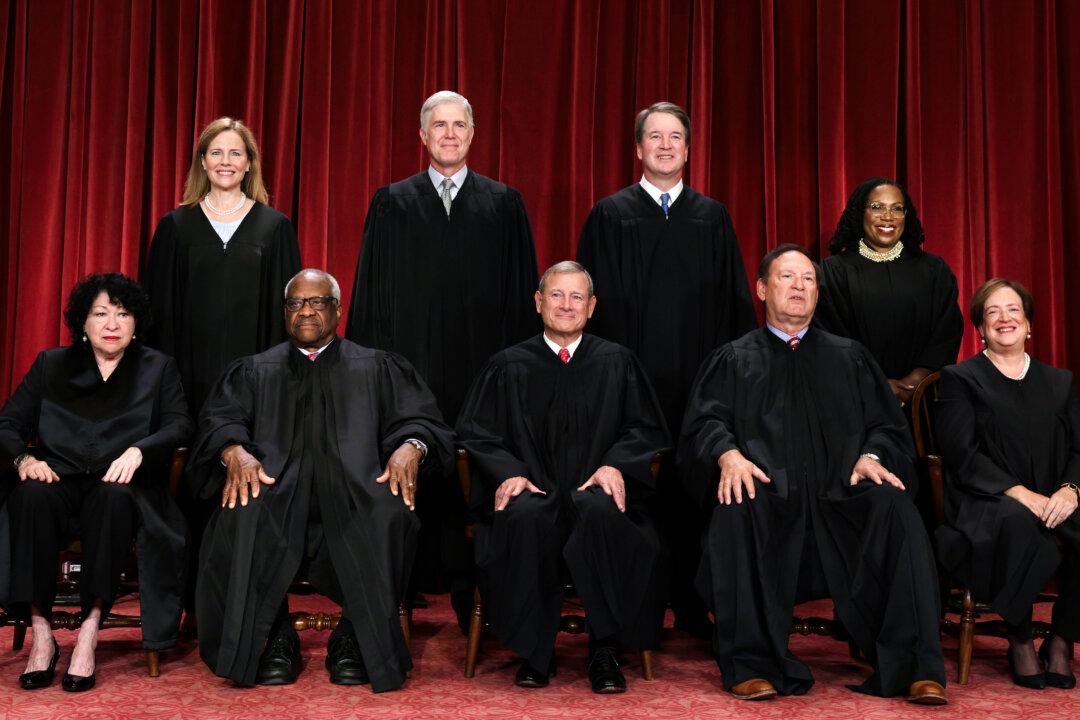Florida and Texas should be allowed to regulate how social media platforms moderate content, lawyers for the two states told the Supreme Court on Feb. 26.
During oral arguments, the justices seemed to be grasping for a new rule they could use to apply free speech principles to online discussions.





